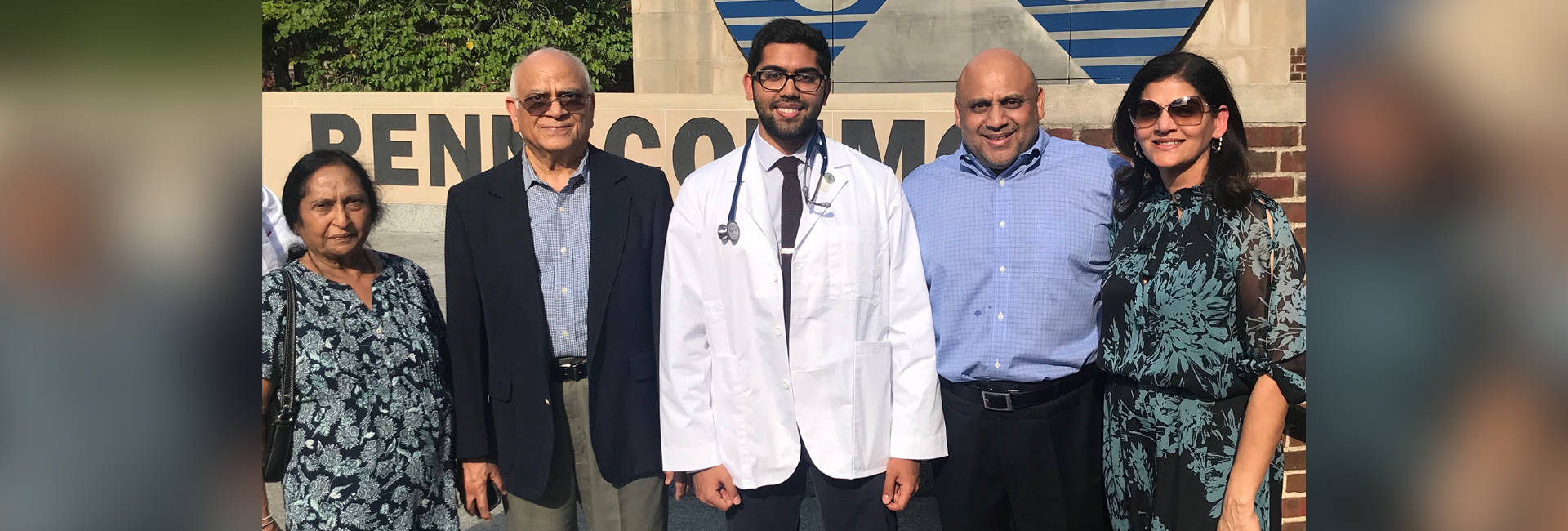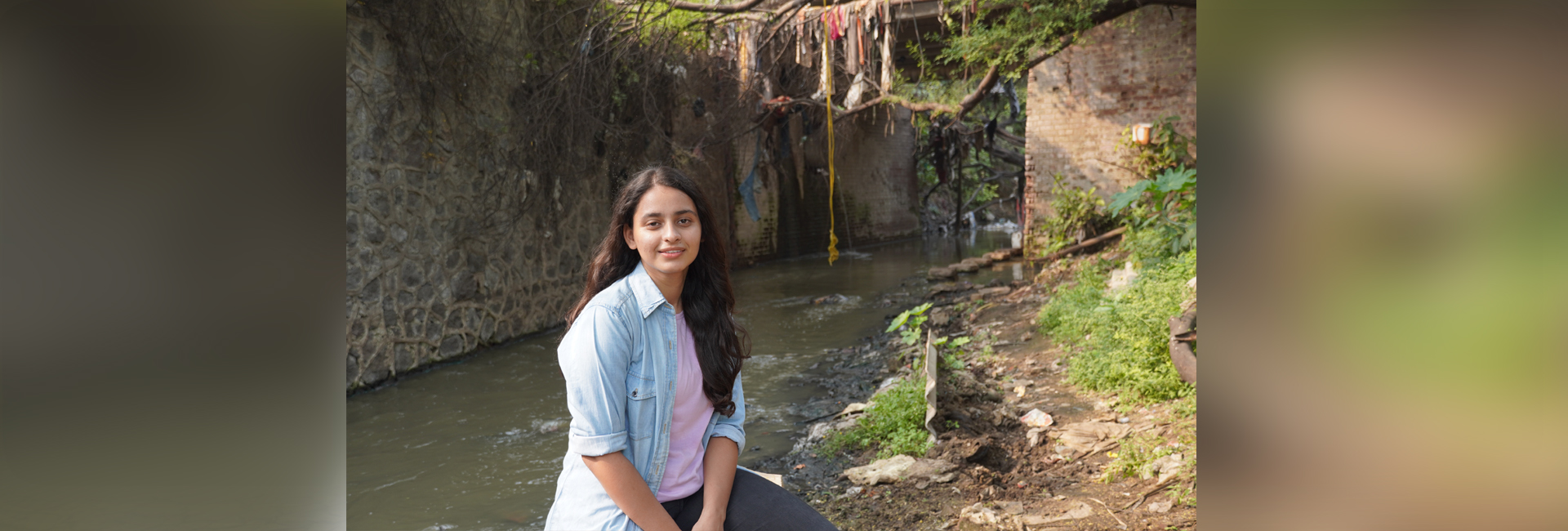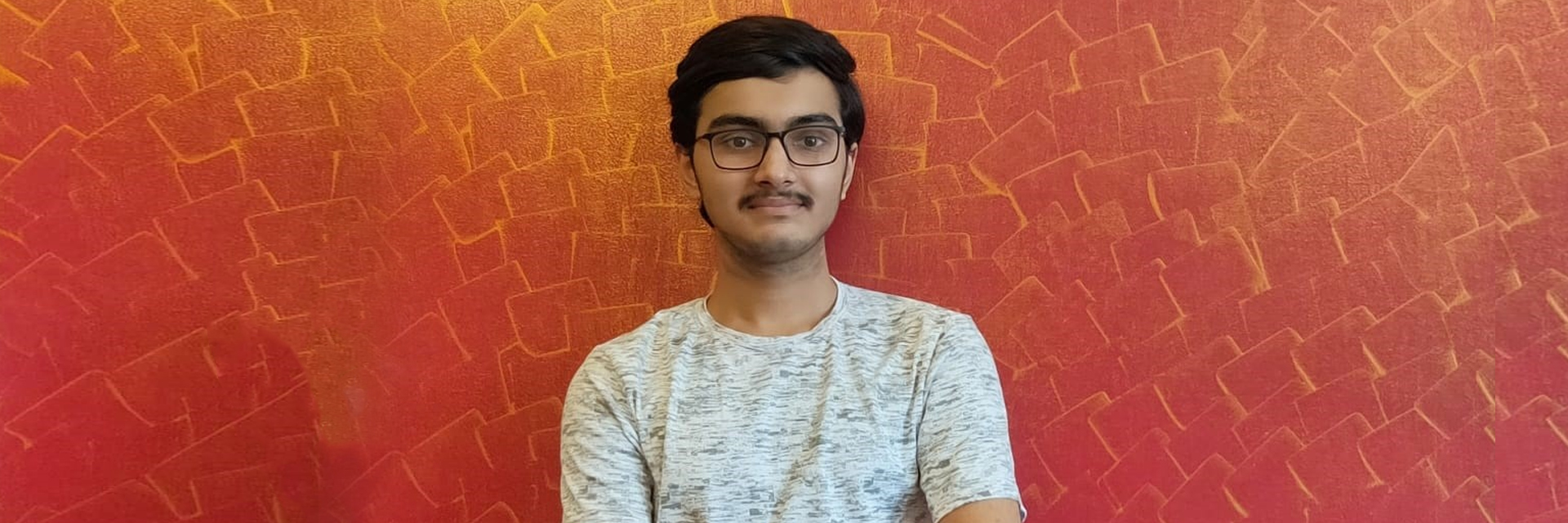(May 24, 2022) The ongoing global pandemic COVID-19 brought the world’s attention to the importance of a good immune system. No remedy was too far-fetched, people around the globe tried everything they could get their hands on, from Ayurvedic herbs to home-made concoctions. Meanwhile, medical student Rishi Goel was hard at work learning more about immune engineering, trying to apply the principles of engineering to design and workings of the immune system.
“I am working to understand immune responses to viral pathogens,” the young Indian-American youngster tells Global Indian, adding, “My work has contributed to a better understanding of immune memory in the context of COVID-19 and mRNA vaccines. I also helped start the Immune Health Project at Penn, which aims to lead the transformation of routine human immune profiling for impact across medical disciplines.”
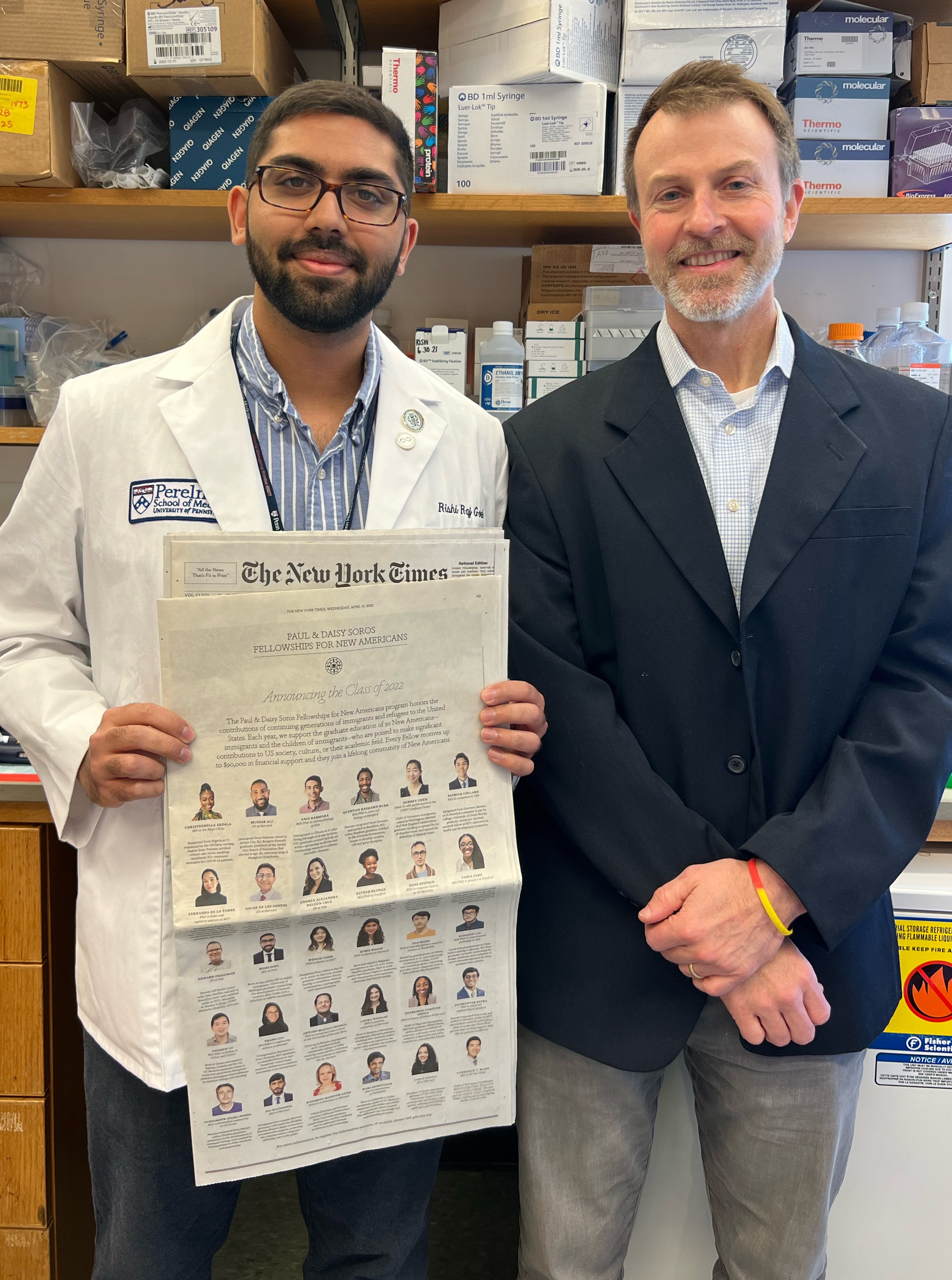
Rishi Goel, with immunologist Dr E. John Wherry, after receiving the Paul & Daisy Soros Fellowship
The young doctor, whose family hails from Lucknow, Uttar Pradesh, is currently a research fellow in E. John Wherry’s laboratory, at the University of Pennsylvania, and aims to become a physician-scientist working on immunology research to enhance the patient experience. Rishi recently received a Paul & Daisy Soros Fellowship which provides funding up to $90,000 over two years for postgraduate study. The fellowship is open to immigrants and children of immigrants in the United States.
An Indie kid
Rishi’s grandfather, a civil engineer, came to USA about four decades ago along with his son, who was just six or seven years old at the time. “My father,” Rishi shares, “is a businessman. My mother, on the other hand, grew up in Lucknow and moved to the US after she got married.” Growing up, Rishi was deeply inspired by his grandfather who, he recalls, “brought scientific curiosity and wonder to everyday household tasks.” The duo would spend their weekends together experimenting with new ingredients.
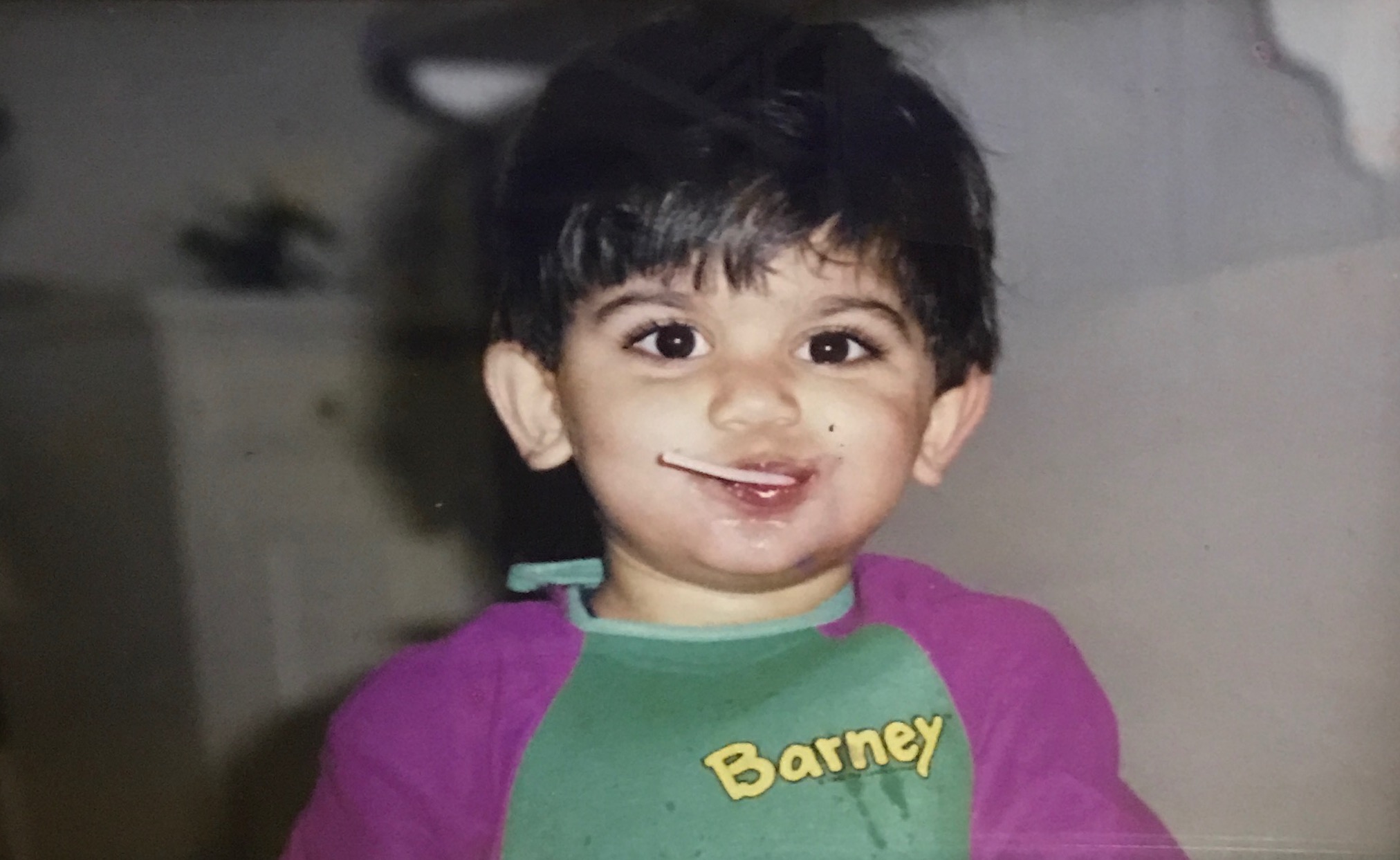

Childhood image of Rishi
Born in Ann Arbor, Michigan, Rishi was always a very active child, involved in various sports during his school days. However, as much as he loved the US, he never lost touch with his roots. Growing up in a Hindi-speaking household, Rishi says he loved his visits to India. “We would visit my Nana and Nani during vacation and I used to enjoy my time there. It was kind of a reunion for me, because all my cousins would come home, there would be amazing food, and we would have a gala time,” Rishi shares.
Fascinated by immunology
After completing school, Rishi graduated from the University of Michigan with a bachelor’s degree in biochemistry and a minor in applied statistics. Through his work at the Michigan Nanotechnology Institute, Rishi became fascinated with the immune system. “During that time, I designed and tested a novel therapeutic vaccine for food allergies that was able to re-train pathologic immune responses and suppress disease. I was amazed by the immune system’s ability to learn and improve over time, and began to wonder how it could be used or engineered to treat disease.”
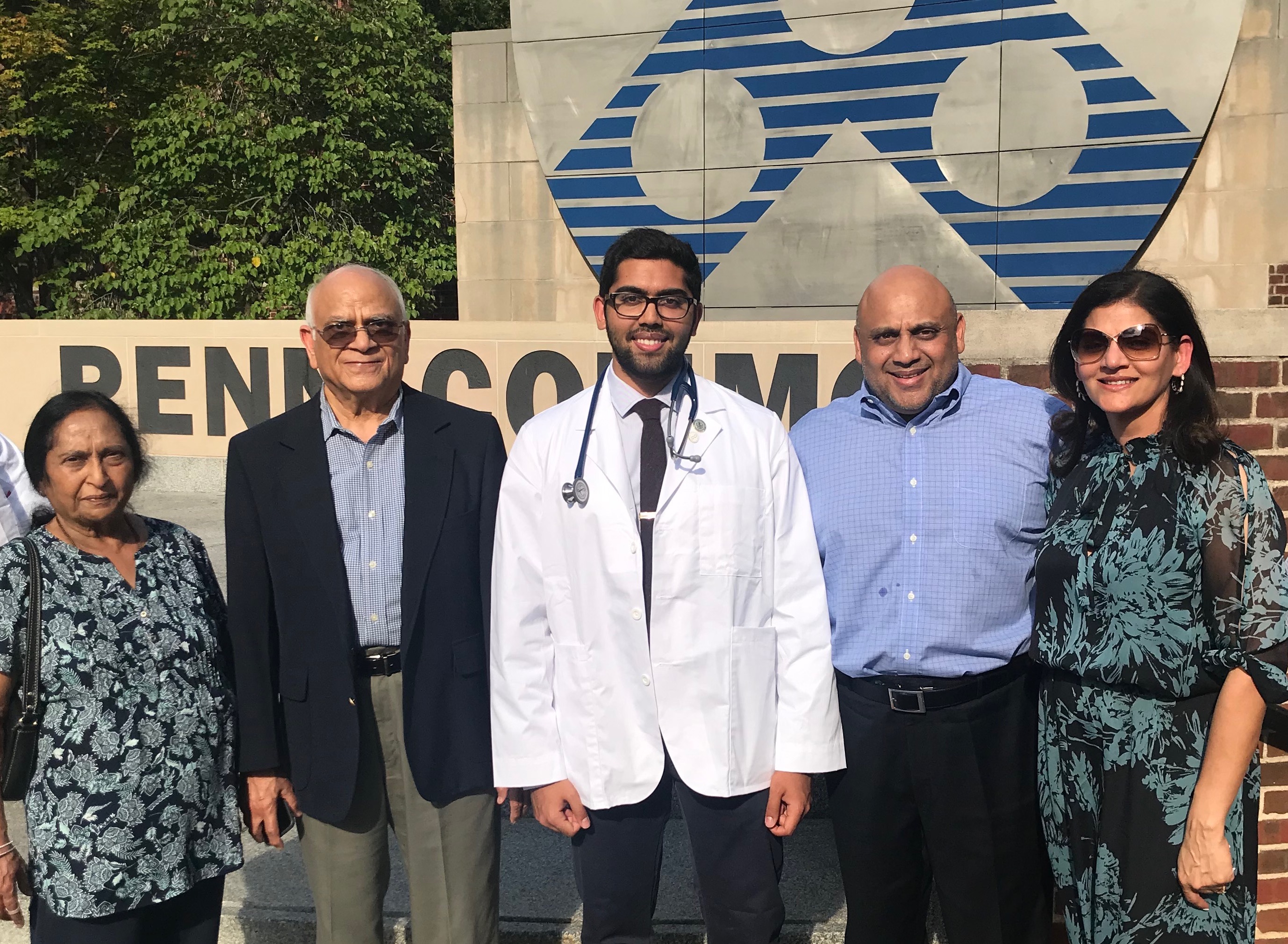

Rishi with his family
Following his undergraduate education, Rishi earned a master’s degree in immunology from the University of Oxford, where he was awarded highest distinction for his academic work and was a member of the Blues lacrosse team. Explaining, the young doctor shares, “There I completed an IRTA Fellowship at the National Institutes of Health, investigating new mechanisms of tissue damage in autoimmune diseases like lupus and rheumatoid arthritis.”
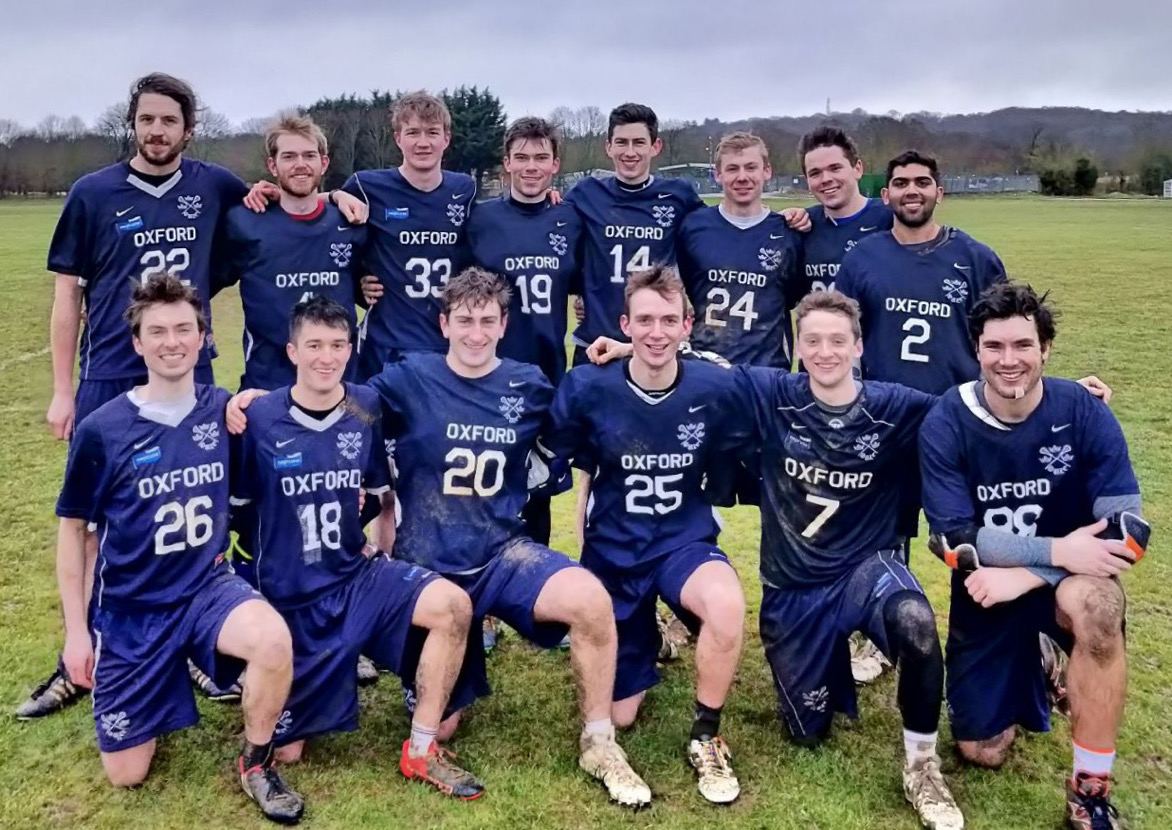

A sports lover, Rishi was a part of the Oxford City Lacrosse Club
Focused on understanding the human immune system better, Rishi has published over 20 academic papers, including first-author publications in Science, Cell, and Nature Medicine. His recent work on understanding immune responses to viral pathogens and has led to new insights into the development of immune memory after SARS-CoV-2 infection and mRNA vaccination. “I aim to bring immune profiling into the clinic to better diagnose, treat, and prevent disease,” says the young doctor, who is excited to have received the Paul & Daisy Soros Fellowship. When he says he hasn’t lost touch with his roots, he means it: “My family is very proud but they keep asking me when I’m going to finish my education, start earning and get married,” he laughs.
Going beyond the call of duty
During the last two years of pandemic, people across the globe have been bombarded with misinformation – not just about the disease, but also about vaccines. When cases peaked in United States last year, Rishi became a leading science communicator on COVID vaccines, with regular contributions to major news outlets such as The Atlantic, Nature News, and NPR.
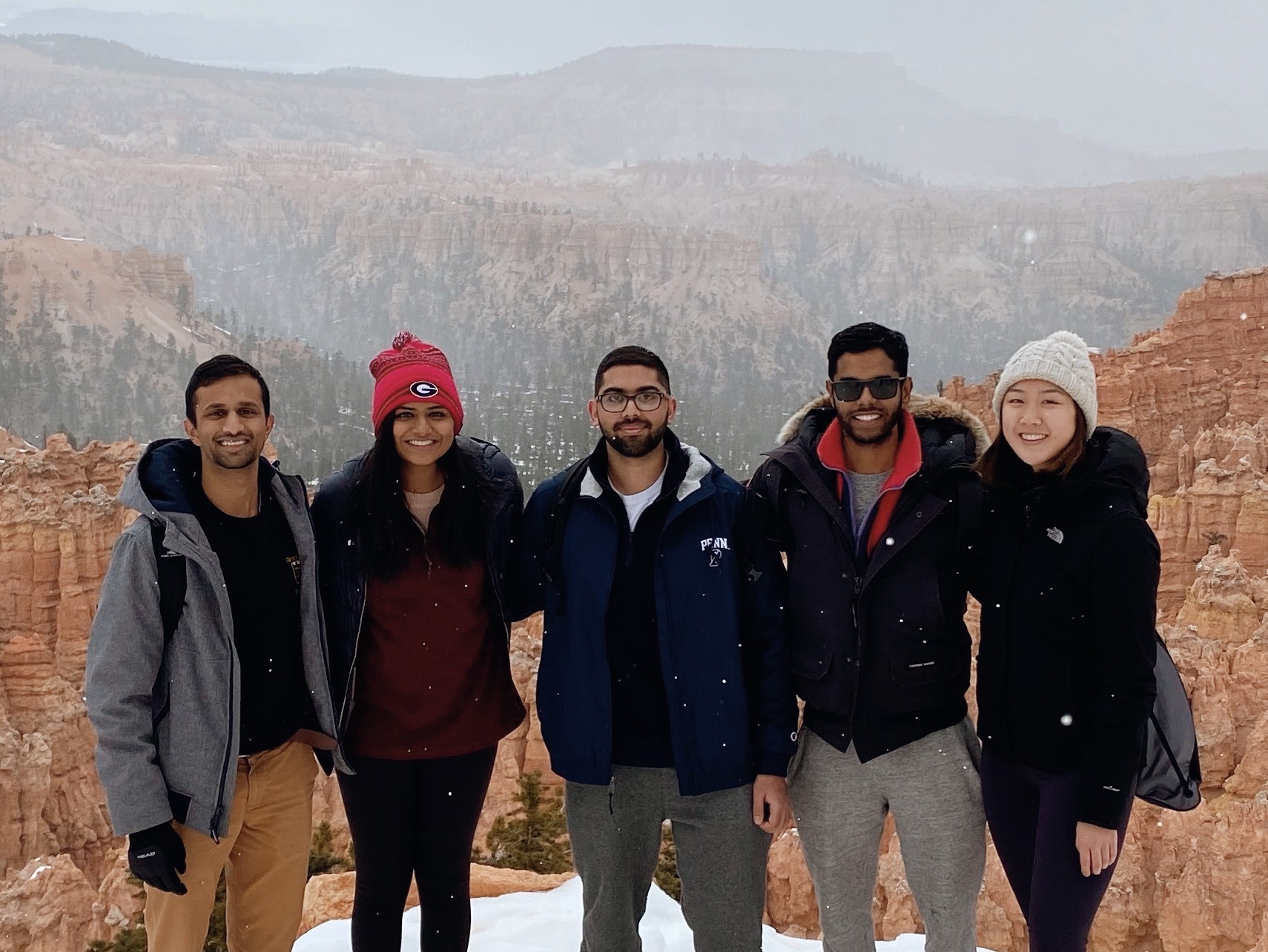

Dr Goel, with his friends, at the Bryce Canyon
“While there were several health bulletins being published or broadcast across the world, many people were still choosing to believe the forwarded messages of their family members on social media. Even today, many people in the US are hesitant to get vaccinated. I think it is imperative that doctors should be able to communicate in a language that the masses understand. Thus, I started communicating with various media outlets, dispelling the myths about COVID and its vaccinations,” shares the young doctor, who wishes to become a physician-scientist in the future.

